King Khang Hy 1 night to impregnate 9 concubines, at the end of his life received "retribution" for his scandalous love life
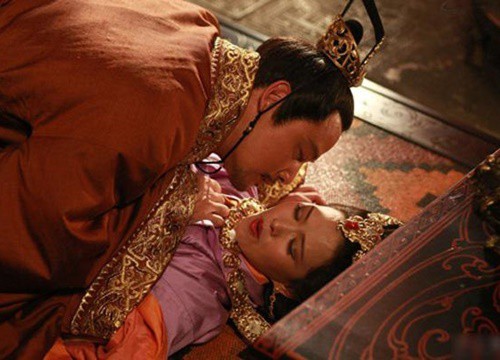
5 | 0 Discuss | Share
Thuc concubine Van Tu had a life of many hardships and misfortunes, but this concubine was remembered and admired by many people as the first person in history to dare to divorce the king.
Thuc concubine Van Tu (born 1909 - died 1953), whose real name is Ngach Er Dac Van Tu, at school also known as Pho Ngoc Phuong, was the concubine of the last emperor of the Qing dynasty, also a concubine of the last emperor of the Qing Dynasty. The last emperor in Chinese feudal history - Puyi. It was thought that being the king's concubine was a blessing that everyone wished for, but for Thuc Phi Van Tu, it was the beginning of a series of tragedies in her life.
Thuc concubine Van Tu comes from the Ngac Nhi Duc Thiet family, although his lineage is high, his family background is poor, so he is not respected. Van Tu's father passed away early, leaving only his mother to raise two small children. However, Van Tu was still properly educated, at the age of 8 he was sent to Hoa Thi primary school. At school, from the subjects of national literature, mathematics, nature, painting to music, she studied very well. In his spare time, Van Tu also helps his mother earn money, so he has matured earlier than his age.
In 1921, when King Pu Nghi turned 16 years old, members of the royal family began to choose an empress for him. In the end, only 2 candidates remained, Uyen Dung and Van Tu. However, Van Tu came from a poorer background and did not have the same beauty as Uyen Dung, so he lost the queen position to Uyen Dung. In the same year, Van Tu was ordained as Thuc consort.
On November 29, 1922, the day before the wedding of Pho Nghi and Uyen Dung, Van Tu was brought into the palace, living in the Truong Xuan palace. But life in the glittering palace was not as expected. Thuc consort Van Tu did not receive the favor of the emperor, all day she had to be buried in the high wall, losing her freedom, making her extremely depressed and tired. She had to live a deserted, lonely and sad life every day. Thuc consort Van Tu often stayed in the bedroom and spent time reading, embroidering or teaching the palace maids to read.
In 1924, King Pho Nghi was expelled from the Forbidden City, taking his two wives, Uyen Dung and Van Tu, to Tianjin, living in a small village like an ordinary person and subject to Japanese management. . When he learned that Pu Nghi intended to join hands with the Japanese to restore the Qing Dynasty, Van Tu gave all advice, thinking that this action was a play with fire, which would have serious consequences, but Pu Nghi did not listen to her. . This makes the relationship between the two even more strained.
Uyen Dung and Van Tu are in conflict like water and fire, but Pho Nghi does not stand in the middle of reconciliation, but always defends Uyen Dung, criticizes Van Tu, and even does not allow Van Tu to appear on important occasions. important. Ever since he was in the Qing Dynasty, Pu Yi rarely left the palace, but every time he had the opportunity to leave the palace, he took the Empress and the queen with him. After arriving in Tianjin, being able to freely walk the streets, browse the shops, and eat at restaurants became a luxury and the last aftertaste of Imperial life that Pu Yi had. However, Pho Nghi now always leaves Van Tu at home, only taking Uyen Dung with him. The two have gone through all the places where they can have fun such as commercial centers, amusement parks. Two people stick together like a picture with a shadow, enjoying the fun together. Times like these hurt Van Tu more and more, making her feel more miserable.
When he is not out of the house, Pho Nghi often orders rice from the restaurant to bring. Every time, Pho Nghi eats and drinks happily with Uyen Dung, but does not allow Van Tu to eat with him. As time goes by, the small reproaches in life accumulate into great resentment. Van Tu was completely disappointed in Pho Nghi. Van Tu thought that she was the weak one, the one being bullied, and Pu Nghi did not fulfill her responsibility to protect her. As for Pho Nghi, he said that Van Tu did not know how to be a concubine, intentionally making it difficult for himself, which made the relationship between the two people worse day by day.
Finally, when he couldn't take it anymore, Van Tu planned to run away. In August 1931, with the help of his sister, Van Tu successfully escaped, then went to a lawyer to make an unexpected decision. Van Tu filed a lawsuit to the court, wanting a divorce from Pho Nghi. She said that she had been abused and tortured for many years. Some documents also say that the main reason why Van Tu wanted a divorce was because Pho Nghi was physically weak. During 9 years of marriage, this emperor has never been "close" to his concubine Shu. Pho Nghi himself also admitted that he suffered from impotence due to sexual desire since he was too young.
Van Tu's decision to divorce the king shocked the whole society. She was dubbed the "revolutionary queen" when she was the first concubine in history who dared to actively divorce the emperor. Then, in 1932, Van Tu changed his name to Pho Ngoc Phuong, went to teach at a school in Beijing, teaching Chinese and painting. But that peaceful life only lasted for about a year because her identity was revealed and she had to move to another place to live. Her life at that time was extremely miserable, had to sell her house, do all kinds of manual jobs to earn a living, from bottle-crackers, coolies to selling cigarettes in the alley, nothing that she had never experienced.
In 1947, Van Tu remarried to a man named Luu Chan Dong. Despite being poor, Van Tu's unhappy life finally had a proper family. The two lived peacefully together without having any children. In 1953, Van Tu suddenly died due to a recurrence of heart spasm, at the age of 45. Her second husband, Luu Chan Dong, was the only person by her side when she died. She was then interred in a mass grave, outside An Dinh Mon.
The Forbidden City has 70 wells but no one dares to drink, closing before 5pm because of this creepy thing 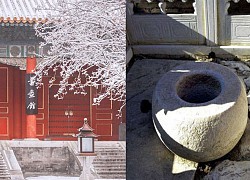 Như Ý15:45:57 06/11/2021The Forbidden City is a palace complex located in Dongcheng District, Beijing, China. With a total area of 720,000 square meters, the Forbidden City is the largest palace in the world. It used to be the imperial palace, the center of the city, the residence of the emperor and...
Như Ý15:45:57 06/11/2021The Forbidden City is a palace complex located in Dongcheng District, Beijing, China. With a total area of 720,000 square meters, the Forbidden City is the largest palace in the world. It used to be the imperial palace, the center of the city, the residence of the emperor and...

5 | 0 Discuss | Share
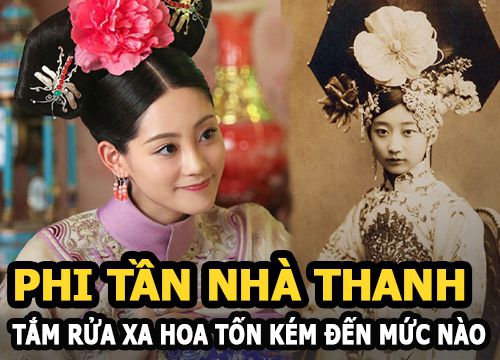
4 | 0 Discuss | Share
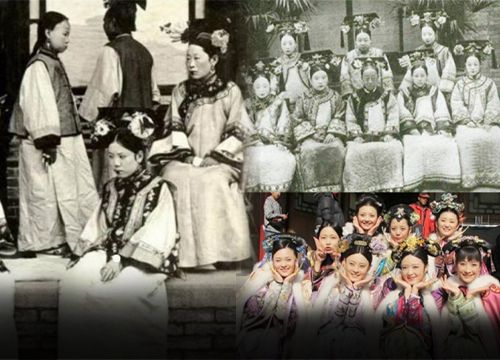
1 | 0 Discuss | Share
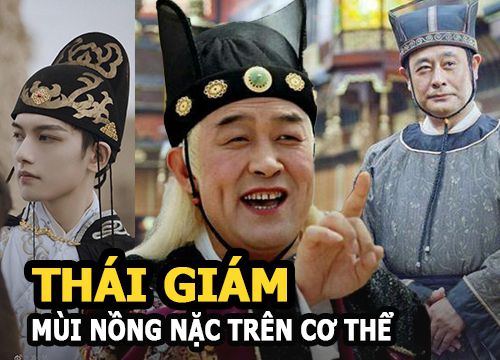
5 | 0 Discuss | Share
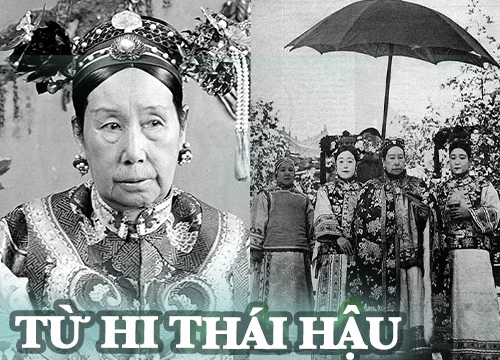
0 | 0 Discuss | Share

3 | 0 Discuss | Share

4 | 0 Discuss | Share

3 | 0 Discuss | Share
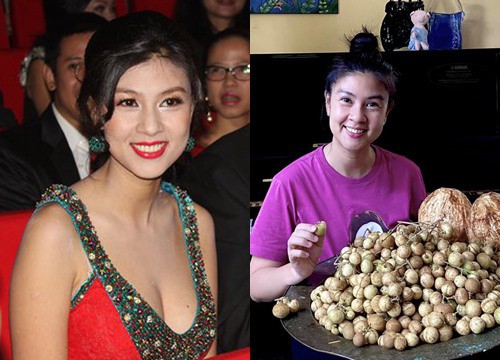
5 | 0 Discuss | Share

4 | 0 Discuss | Share

3 | 0 Discuss | Share

4 | 0 Discuss | Share
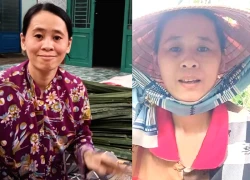
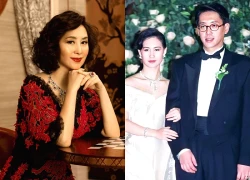





2 | 0 Discuss | Report